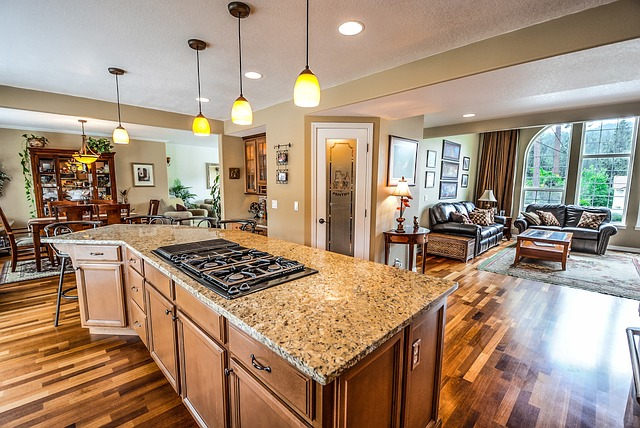Contents
- Types of Home Heating Systems
- Energy Efficiency and Cost-Effectiveness
- Types of Furnaces
- Advantages of Propane
Choosing among the wide array of home heating systems available in the market is not a simple task. Unless you are a professional yourself, you might just blink at the range of choices available to you. There are, however, certain factors you can consider to get your head around the question. These include your building’s dynamics, its heating requirements, the size and features of the system, and, not in the least, your budget. It is worth spending a bit of time contemplating what the best option would be for your home. Your family will be grateful when the colder months arrive and your home warms up quickly. Let us now see the specifics of home heating systems and the surrounding issues:
Types of Home Heating Systems
There are three main types of home heating systems, each of which can be narrowed down further. The three types are ducted central heating system, ductless heating system, and direct heating system. In a ducted central heating system, the heat spreads throughout your home through a network of ducts. Depending on what generates the heat, the ducted central heating system can use furnaces, boilers, or heat pumps. Going for a ductless heating system means you will need a separate one for each room in the house.
You may choose among three subtypes. These are mini split heat pumps, window AC with heat, and portable standing air conditioner with heat. The traditional method of acquiring heat is directly from the heat source. This is what is referred to as a direct heating system. It is up to you whether you go for gas-fired space heaters, unvented gas-fired heaters, or electric space heaters. The idea is to end up with an energy efficient, cost-effective, and safe heating system.
Energy Efficiency and Cost-Effectiveness
Although it is your individual needs that determine the home heating system you will install, there are options associated with more energy efficiency and cost-effectiveness. There are highly efficient options that are also somewhat impractical. For example, allowing our most trusted resource, the sun, to heat our home up is entirely free. However, unless you live in a generally sunny climate, so-called passive solar heating is not the ideal option for you. Purely in terms of long-term efficiency, geothermal heating systems take the cake. For shorter use, up to 15 years, mini split heat pumps are your best bet. For low-cost and efficient heating, opt for heating through a furnace.
Types of Furnaces
Once you decide that a furnace is the ideal choice for you, you may wonder what exactly makes this the ideal choice. A furnace can generate heat through electricity or burning wood, coal, oil, natural gas, or liquid propane gas. Afterwards, it directs this warmth into the various rooms for a comfortable indoor temperature. You may find that investing in a gas furnace is, in fact, the most forward-thinking option. To understand the reason behind this, you may want to ask questions like which gas is most efficient to use with furnaces. Further questions, such as how is propane made can also facilitate your choice. Either a utility company will pipe natural gas into your home, or specialized tanks will supply propane. Data suggests that using propane instead of natural gases, like butane or methane, is more worthwhile for homeowners.
Advantages of Propane
Having a high-efficiency propane furnace translates into 90% energy-efficiency maintaining this rate over time. The Energy Star requirements for such furnaces are stricter, but propane furnaces can also qualify for Energy Star’s Most Efficient label. Thus, their operation being economical is a proven fact. What is more, propane furnaces are affordable to purchase and easy to install. Finally, the carbon savings in both existing, as well as new homes, make them a solid investment.
To recap, do consider the subjective factors in terms of your house before buying your home heating system. It may be that depending on your individual needs, you are better off with something other than what your neighbors or your parents have. Obtain information on various types of heating systems and their subcategories. If necessary, consult with a professional. Make it easy on yourself by purchasing what is most energy-efficient and cost-effective for your home.














+ There are no comments
Add yours